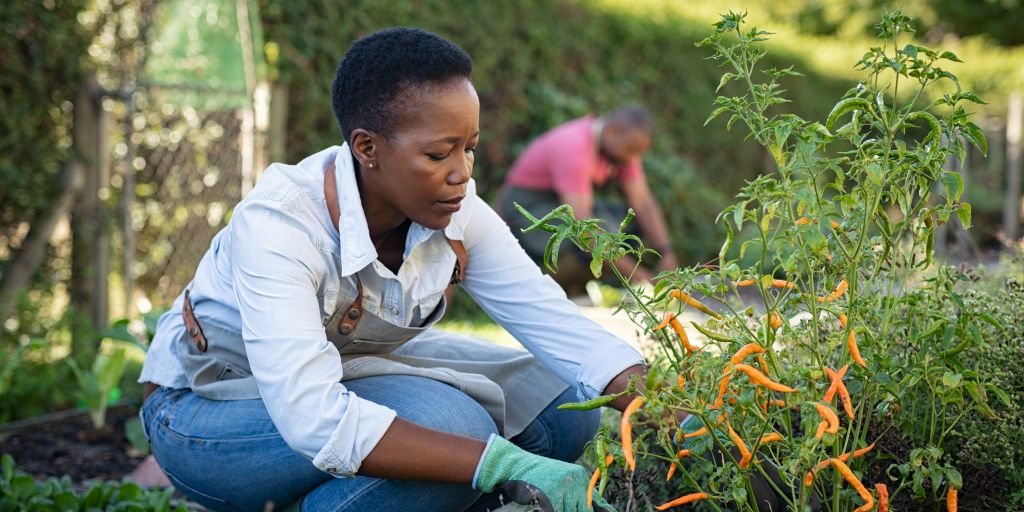The Centane Mbashe Agricultural Initiative (CMAI) is an excellent case study for how supporting agriculture can be an effective way of achieving inclusive growth and economic transformation in rural South African communities.Since its inception in 2012, this Women Investment Portfolio Holdings Limited (WIPHOLD) led initiative, that is supported by Nedbank, has played a role in addressing pressing social needs in rural Eastern Cape. These include the need for employment, for food security and for opportunities for locals to acquire and hone valuable skills.
Nedbank became involved in the project after their broad-based black empowerment deal that was aimed at driving transformation by offering ownership of shares directly to its employees, clients, community interest groups, and several strategic Black Business Partners (BBP) came to an end. As a way of continuing to support transformation and BEE, Nedbank partnered with Old Mutual and their BBP, namely WIPHOLD, Brimstone and Izingwe, and committed to providing a combined amount of R300million to create the Legacy Fund. An investment aimed at aiding transformation and BEE across three investment streams, one of which is the commercialisation of small-scale farming and food security.
Over the past five years, Nedbank together with WIPHOLD has realized the latter vision through the CMAI, a commercial dryland maize and soybean farming operation in rural Eastern Cape. The operation combines 2 500 hectares of communal land in rural Eastern Cape into a single large commercial farm on behalf of 2 318 communal landowners from 34 villages in the province. Most of these landowners and beneficiaries are women, many of who would otherwise have found it difficult to earn an income in their rural communities.
Through the CMAI, the landowners, 62% of who are women, receive the support they need to sustainably grow, harvest and sell their produce. This empowers them to generate a steady source of income to provide for themselves and their families. The security that this model provides them results in these landowners having enough farming activities to create jobs for their community members. To date 1 486 permanent and seasonal jobs have been created.
Another key component of CMAI is ensuring that valuable skills are transferred to beneficiaries. Approximately 2 020 landowners have received training in basic bookkeeping, farming and equipment management, as well as enterprise development.
To date the CMAI has paid R28.5million to participating community shareholders through fees and dividends.
The CMAI has provided various other economic, social and community benefits. It is through initiatives such as this, that rural communities are transformed from places that people migrate from in hopes of better opportunities, to becoming places where locals can earn decent livelihoods, better their skills, strengthen their knowledge, and make valuable contributions to our economy.
Sponsored content

